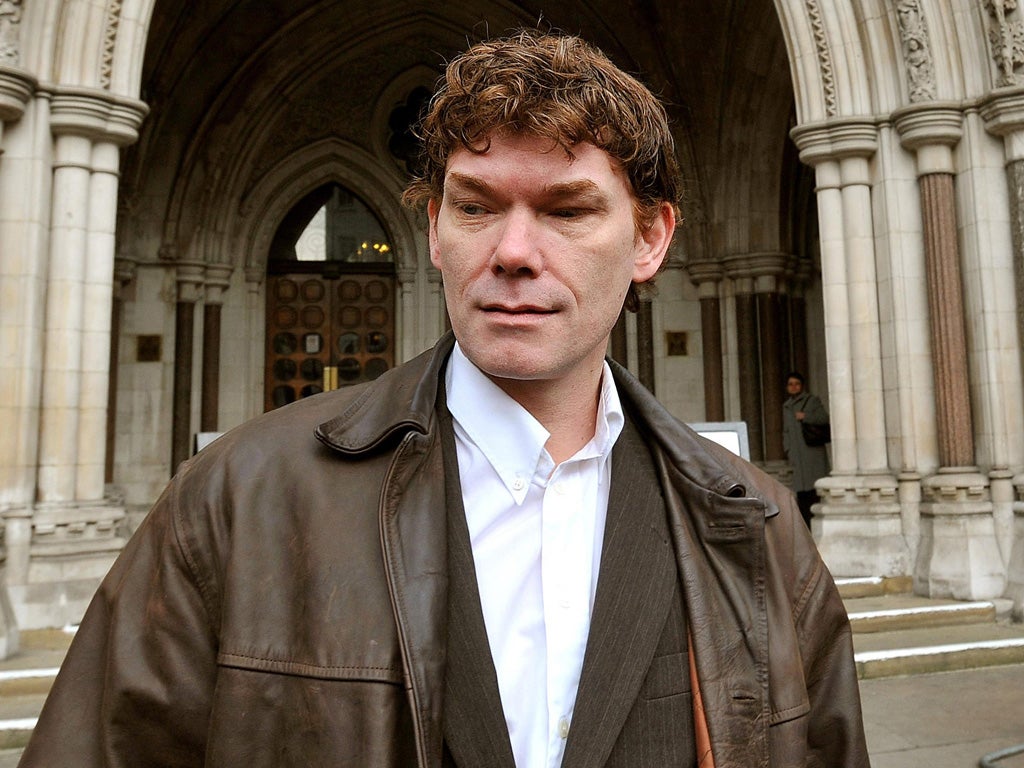
Your support helps us to tell the story
From reproductive rights to climate change to Big Tech, The Independent is on the ground when the story is developing. Whether it's investigating the financials of Elon Musk's pro-Trump PAC or producing our latest documentary, 'The A Word', which shines a light on the American women fighting for reproductive rights, we know how important it is to parse out the facts from the messaging.
At such a critical moment in US history, we need reporters on the ground. Your donation allows us to keep sending journalists to speak to both sides of the story.
The Independent is trusted by Americans across the entire political spectrum. And unlike many other quality news outlets, we choose not to lock Americans out of our reporting and analysis with paywalls. We believe quality journalism should be available to everyone, paid for by those who can afford it.
Your support makes all the difference.The Government must renegotiate an "unbalanced" extradition treaty with the United States which a series of high-profile cases has shown does not protect the rights of Britons, a committee of MPs reports today.
Judges should be given the right to decide if some people should go on trial in the UK after hearing evidence that extradition to the US can be a "huge punishment" even if someone is acquitted. It warned that without changes a lack of public confidence in the treaty could translate to "wider disaffection".
The report by the Home Affairs Select Committee contradicts a government-ordered independent review by the former High Court judge Sir Scott Baker that found last year that the 2003 treaty was fair and balanced.
However, the committee called for major changes to the treaty to deal with growing public unease including a test of some evidence against them, which is not currently in place.
"The treaty is unbalanced, making it easier to extradite a British citizen to the USA than vice versa," said Keith Vaz, the committee chairman. "Evidence has shown that the current arrangements do not protect the rights of British citizens. The Government must remedy this immediately."
The report follows a series of cases including that of Gary McKinnon from north London, who is still waiting to hear whether he will be extradited over charges that he hacked into Nasa and Pentagon computers 10 years ago.
Further concerns have been raised over the cases of Kent businessman Christopher Tappin, 65, who is being held in a New Mexico jail while awaiting trial on charges of dealing arms to Iran, and of student Richard O'Dwyer, 23, from Chesterfield, who is fighting extradition to the US. He is accused of breaking copyright laws. The controversy centres on the contested view that there is a lower bar for US prosecutors to cross, than UK authorities.
Join our commenting forum
Join thought-provoking conversations, follow other Independent readers and see their replies
Comments